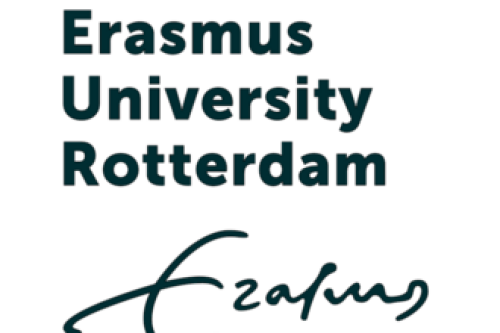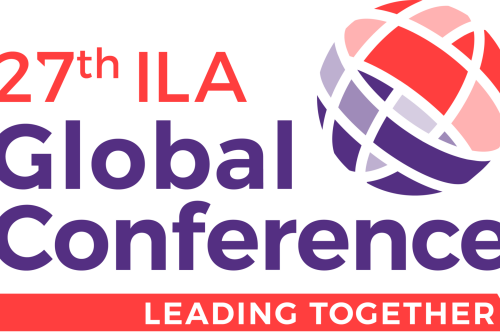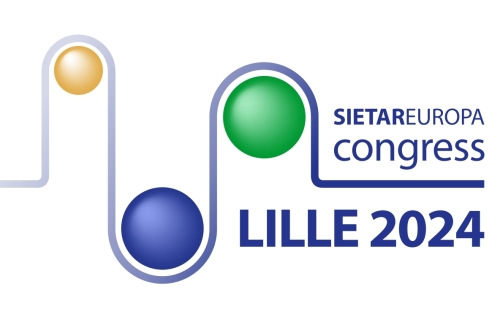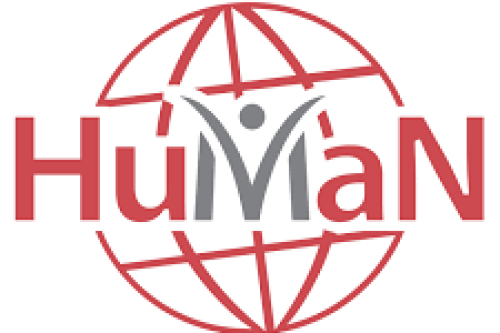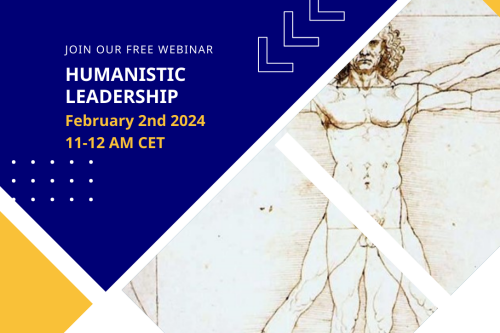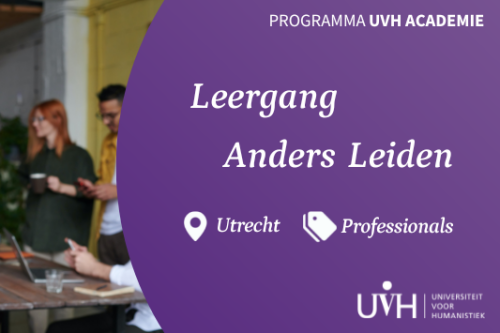The global potential of humanistic management
humanistic management
Leading a global team is not easy. It requires intercultural competence to lead such teams effectively, which basically means being able to recognise, understand and appreciate individual and cultural differences and similarities. Add some flexibility and adaptability in the mix for even better results.
Yet what is good leadership in a global context? Is it getting the team to perform, reaching goals, KPI's, increasing company profit? Or could it be more than just being productive, and could global leaders contribute to creating value, for all stakeholders? Could leaders play a role in protecting human dignity and promoting wellbeing?
The humanistic management model offers an alternative to the predominantly economistic management models. Good leadership in the humanistic leadership paradigm is defined as the type of leadership that is directed at well-being through the promoting of dignity. Yet cultural differences in how human dignity is experienced have consequences for what is considered good leadership; leaders can only adequately protect and promote human dignity if they recognize and understand how their team members give meaning to and experience human dignity. My research aims to explore the potential of the humanistic management model to support global leaders in promoting human dignity in such culturally diverse teams.
1st promotor: Prof. Dr. Patrick Nullens, University of Humanistic Studies
2nd promotor: Prof. Dr. Robert-Jan Blomme, Neyenrode Business University
As a researcher at the University of Humanistic Studies, I co-chair the Dutch Chapter of the Humanistic Management Network, and serve as a reviewer for the Humanistic Management Journal, and the Art of Humanistic Management Journal. I presented on international conferences including the International Leadership Association Global Conference, the European congress of the Society of Intercultural Education Training and Research, and the international conferences of the European Association for Practitioner Research on Improving Learning.





